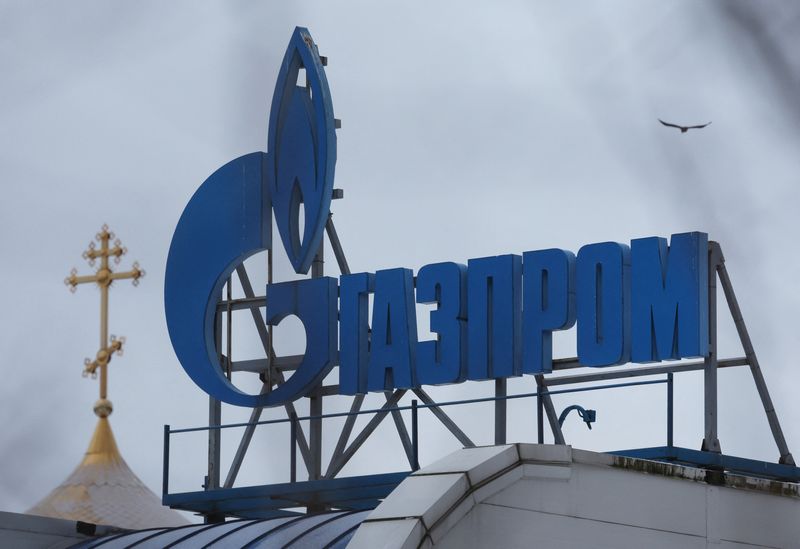Austria to be cut off from Russian gas from Saturday

(Reuters) -Russia’s Gazprom has told Austria that it is suspending gas deliveries from Saturday, a gas flow monitoring platform reported on Friday, in a development that could signal the end of the last Russian gas supplies to Europe.
In a notice published on the central European gas hub platform, Austrian oil and gas company OMV said it had been informed by Gazprom that the Russian gas producer would reduce its deliveries of natural gas to zero from 0500 GMT on Nov. 16.
Russian gas supply to OMV via Ukraine was at risk of stopping before the end of the year due to an arbitration case against Gazprom, the company already warned on Thursday.
Austria is one of the few European countries still dependent on Russian gas as much of the rest of the continent has reduced imports following Moscow’s full-scale invasion of Ukraine in 2022.
The volume is 7,400 megawatt hours per hour, which corresponds to approximately 5 terawatt hours per month.
Gazprom declined to comment.
A deal between Moscow and Kyiv on Russian gas exports through Ukraine to Europe expires at the end of the year in any case. The transit route supplies mainly Austria and Slovakia for Russia via Ukraine.
Kyiv has said repeatedly it will not extend the contract with Gazprom.
OMV said it has been preparing for the eventual cut-off of Russian gas for a while and it can still deliver gas to its customers. It has secured transport capacity from Germany and Italy to Austria, as well as long-term contracts with other suppliers for gas. It can also get liquefied natural gas from the Netherlands.
“OMV has said that it has sourced enough gas from elsewhere to cover its losses from Russia. But we still expect this will exacerbate an energy crisis in Austria that has caused its gas demand to drop significantly, and has hit its manufacturing sector,” said analysts at Eurointelligence.
“Austria’s economy is currently stuck in recession. Germany is sneezing, and Austria is catching the cold. But it is also because higher energy costs have crimped firms’ abilities to invest,” they added.
EU energy commissioner Kadri Simson told Reuters on the sidelines of a UN climate conference in Azerbaijan that all EU countries receiving gas via the Ukraine route have access to other supply sources that could fill the gap.
“We have been very clear that alternative supply is available and there is no need for the continuation of Russian gas transiting via Ukraine to Europe,” Simson said.
(Writing by Nina Chestney and Miranda Murray; reporting by Pavel Polityuk, Yuliia Dysa, Thomas Seythal and Vladimir Soldatkin, Kate Abnett; Editing by Louise Heavens and David Evans)